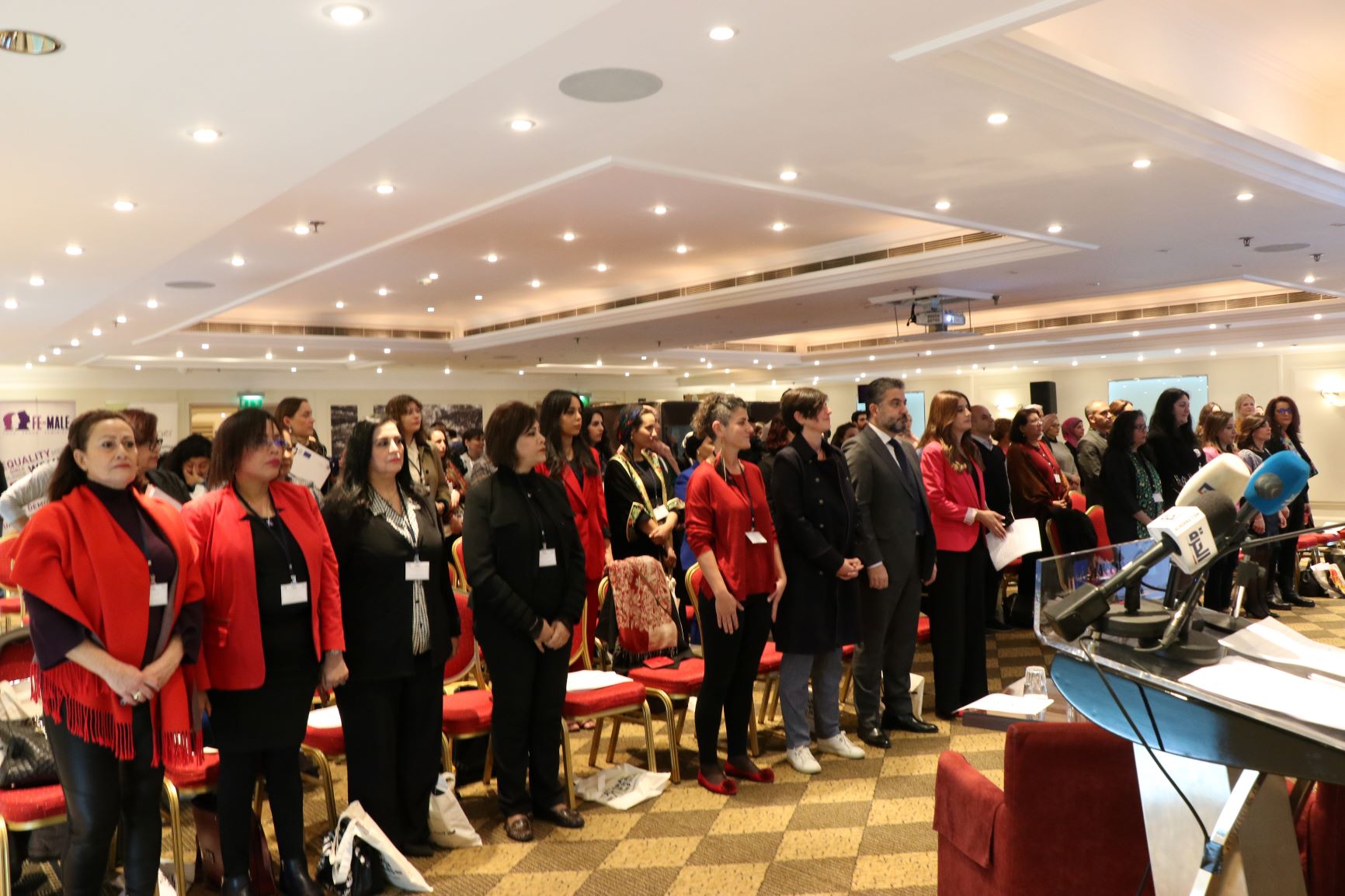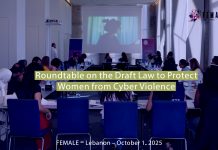“This major isn’t for females; this is a man’s job; you should take care of the kids, you’re their mom…”. All the mentioned phrases, are phrases that females are frequently bombarded with when trying to pursue any career that is not “women-oriented” such as a career in the film industry in the Arab world. For the aim of delegitimizing such phrases and creating a network for the Arab women in the industry, “Promoting Gender Equality and Breaking Stereotypes About Women and Their Role in the Film Industry” one-day Regional Conference was organized in Beirut on February 21, 2020, by Fe-Male and Dawaer Foundation in partnership with UNESCO and the EU under the MedFilm Project, with more than 100 participants including women professionals in the film industry, experts, NGOs, INGOs, embassies, journalists and activists from 7 different countries.
Muriel Aboulrouss, director and the first cinematographer in the Arab World, told the audience in her keynote speech that since a young age she “fell in love with the light.” She delved into her story of being a young lady dazzled by the cameras, but never trusted with one on set. “Sometimes you believe in your dream so much, that you skip thinking about such details,” she said. With time she proved herself to the crew, and has now dedicated a large portion of her work to working with the youth and empowering them to purse their passion, regardless of what those around them might believe. “We’re handing down lists to the younger generation of what they can and can’t do,” she concluded.
“Stay at home beside your kids, have a small part time job if necessary, and don’t leave your comfort zone. That’s what young girls grow up hearing in our country,” said Mirella Abu Khalil, MTV reporter and Vice President of Fe-Male, at the opening of the conference while she emphasized the importance of creating an enabling environment for girls to pursue their dreams. “We can look at how the media portrays women as caregivers, sexual objects, and ones that can’t pursue their full potential,” said Julia Koch De Biolley, Deputy Head of the European Union Delegation in Lebanon during her opening speech in the conference. While she still believes that the media can play an essential role in breaking social norms, she also added: “It’s a paradox how the media can be both the solution and the problem”.
The conference allowed the interaction of the audience with its informative panel discussions, the sharing of rich experiences of women in the filmmaking industry, studies and initiatives that were conducted and launched in the MENA region and that address the portrayal of women in audio-visual production.
The first panel of the conference was titled “The role, portrayal, and reality of women in the film industry.” Amina Loutfi, Moroccan Researcher, stated that we can continue raising awareness about the discrimination against women in the film industry, and speaking out against misdemeanors, but “in the absence of clear rules, laws, and regulations the journey is going to be a long one.”
The second panel, “Initiatives that promote gender equality and break stereotypes in the film industry,” shed light on topics deemed as taboos and “off-limit” topics in many areas in the Arab world. While, the final panel, “Women creating the image despite challenges,” urged the audience to dig deeper into the baggage of stereotypes they have been handed down by their communities. “When a woman in the film industry is attentive to details, she is called hard-headed, unbearable, and difficult to work with,” stated Farah Shaer, Lebanese director and actress. However, she insists that this isn’t the case when a male film maker is attentive to details. “Suddenly, he is the perfectionist that likes to do his job right, and many are racing to work with him. This applies in other domains too,” she continued. The moderator of the panel, Radio and TV host Milad Hadchiti, ended the conference by telling the audience that just like “the women are taught helplessness, they can unlearn it too.”
The conference then concluded with recommendations to help enhance the representation of women in the film sector.
Home News & Activities “Promoting Gender Equality and Breaking Stereotypes about Women and Their Role in...
“Promoting Gender Equality and Breaking Stereotypes about Women and Their Role in Films” Regional Conference in Beirut

Sign in
Welcome! Log into your account
Forgot your password? Get help
Create an account
Privacy Tools
Create an account
Welcome! Register for an account
A password will be e-mailed to you.
Privacy Tools
Password recovery
Recover your password
A password will be e-mailed to you.





